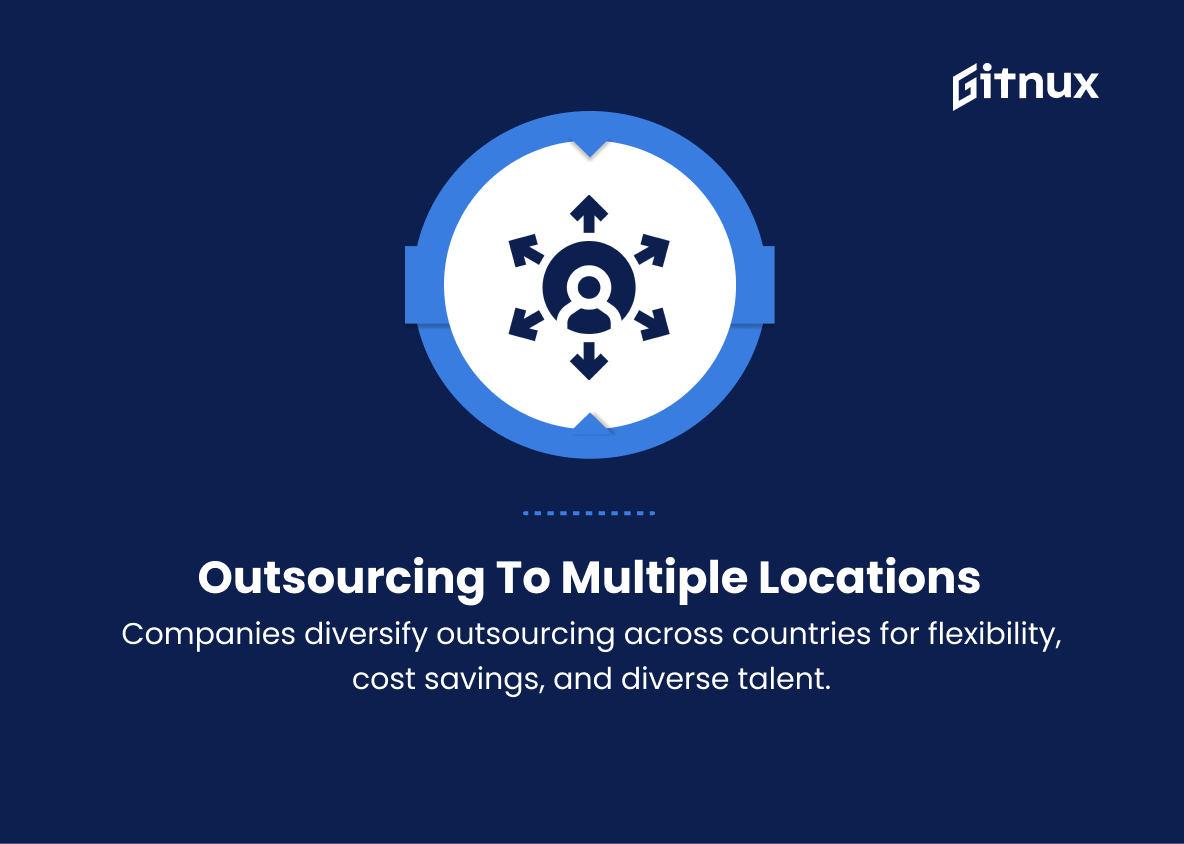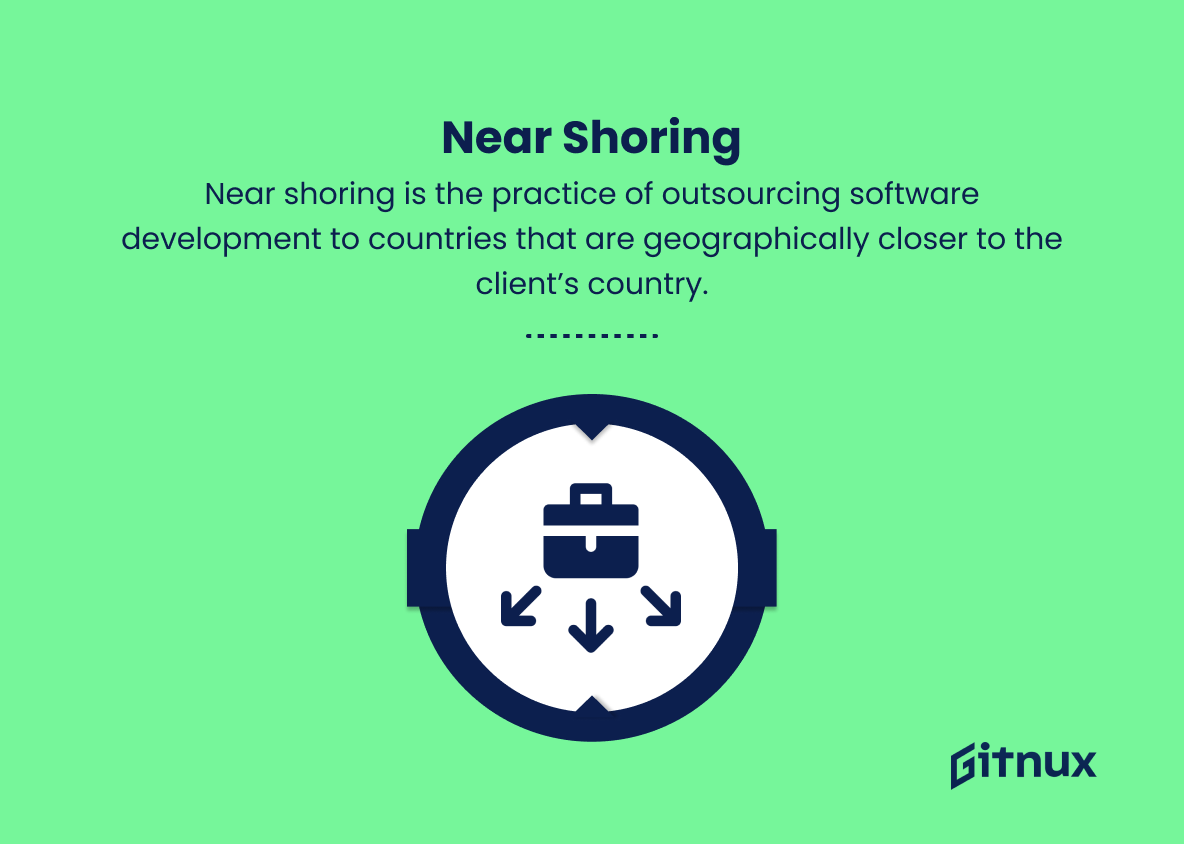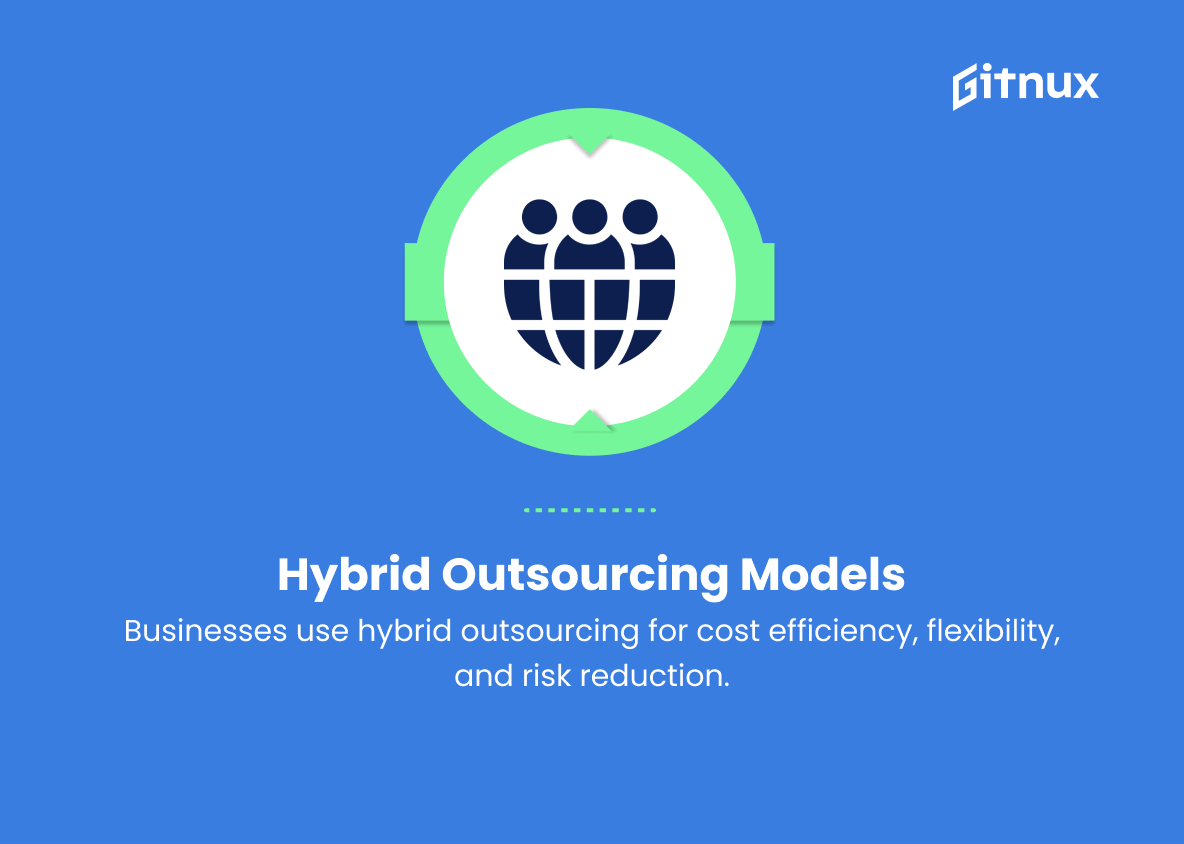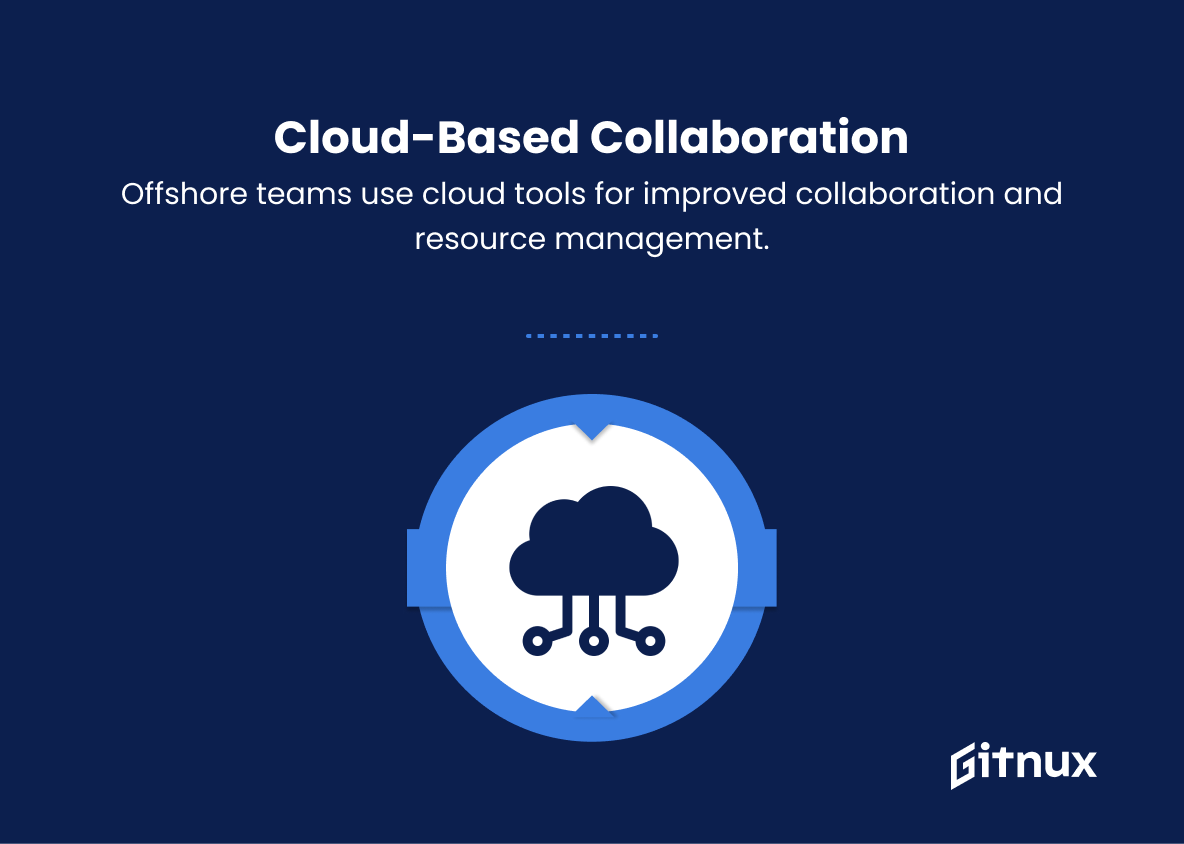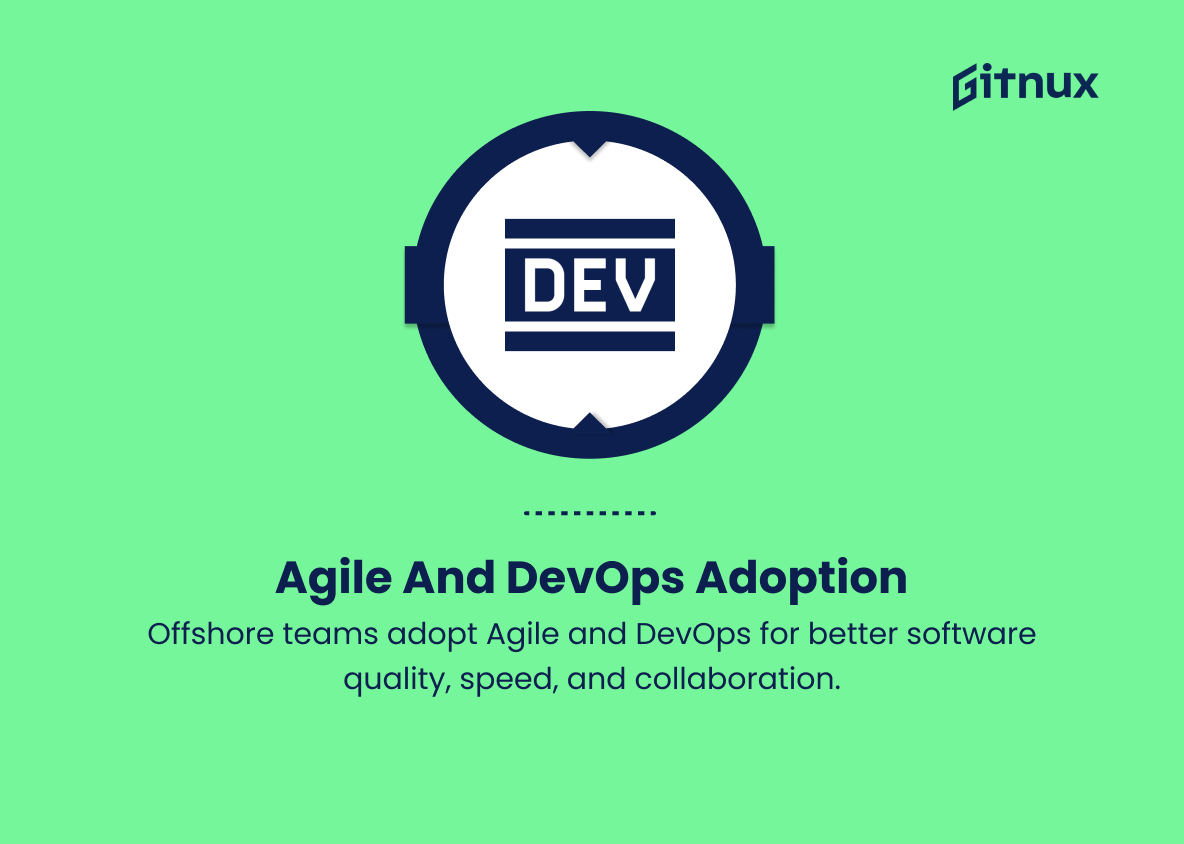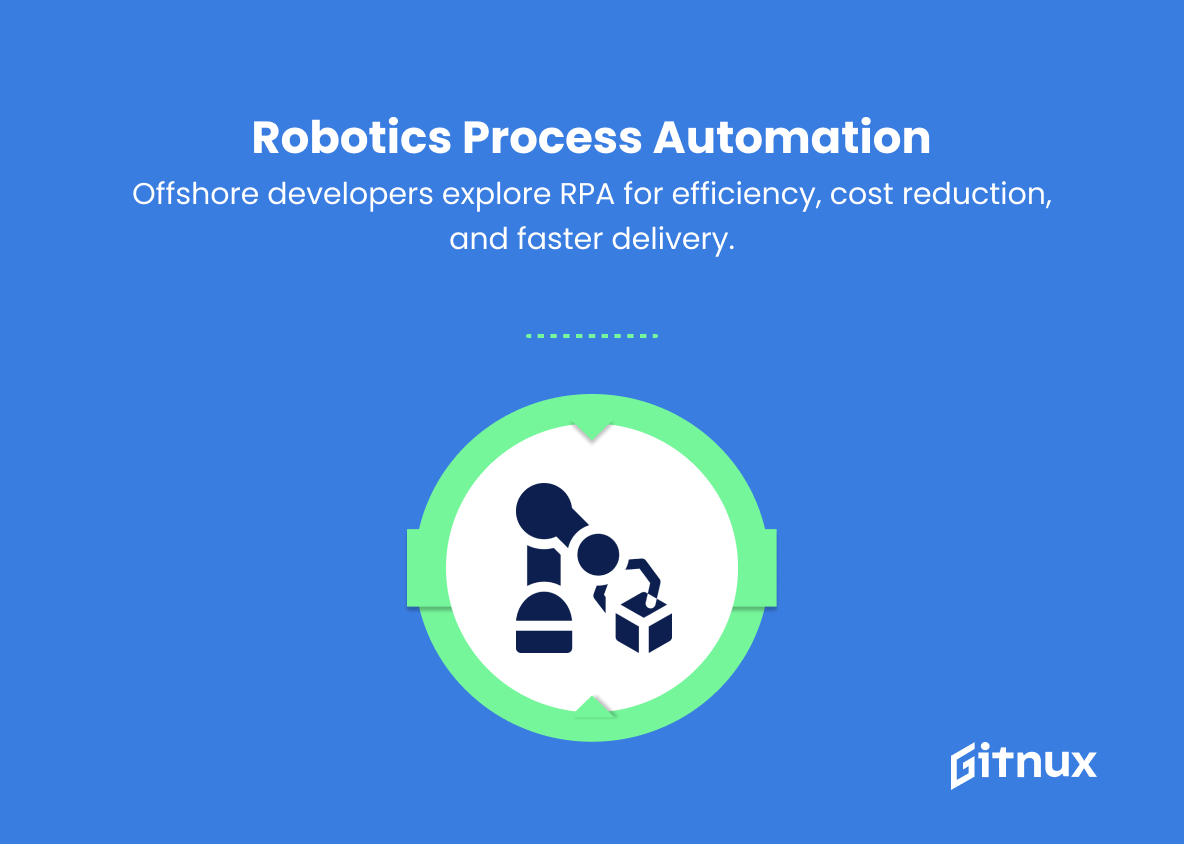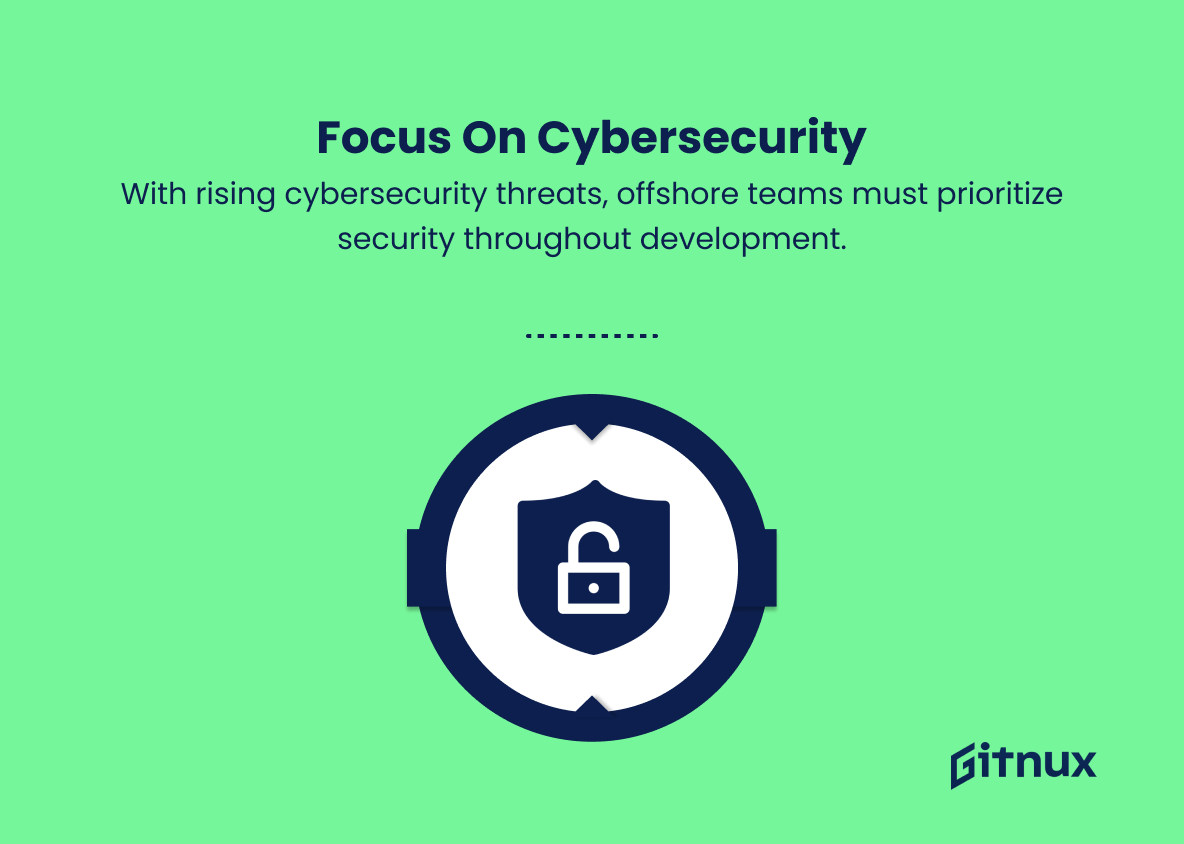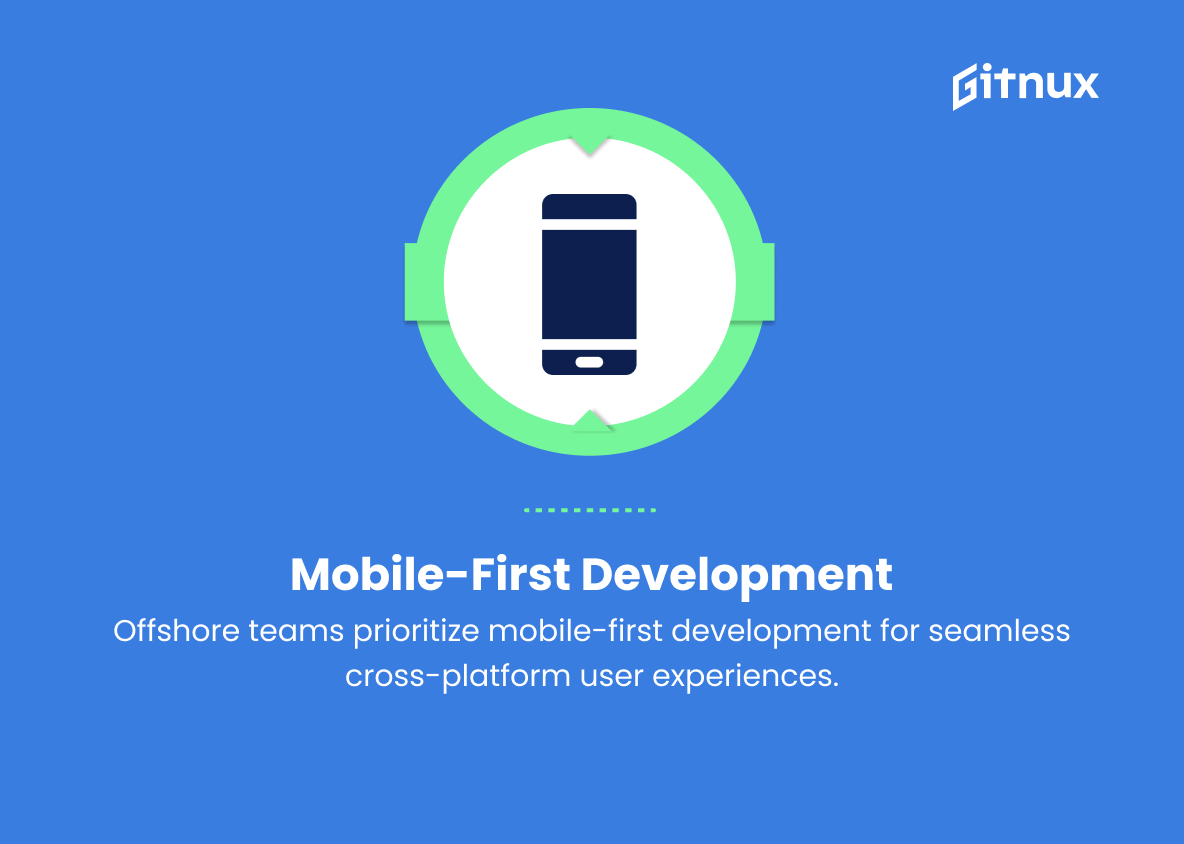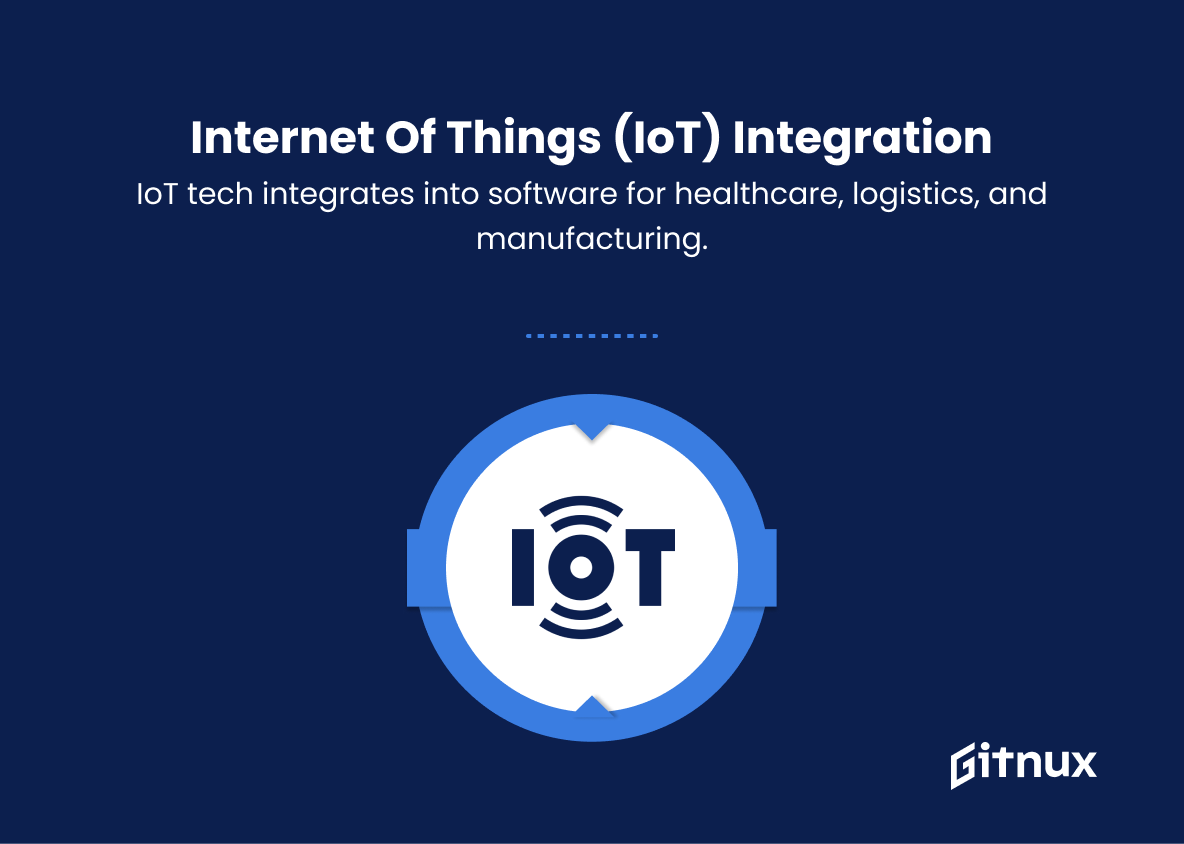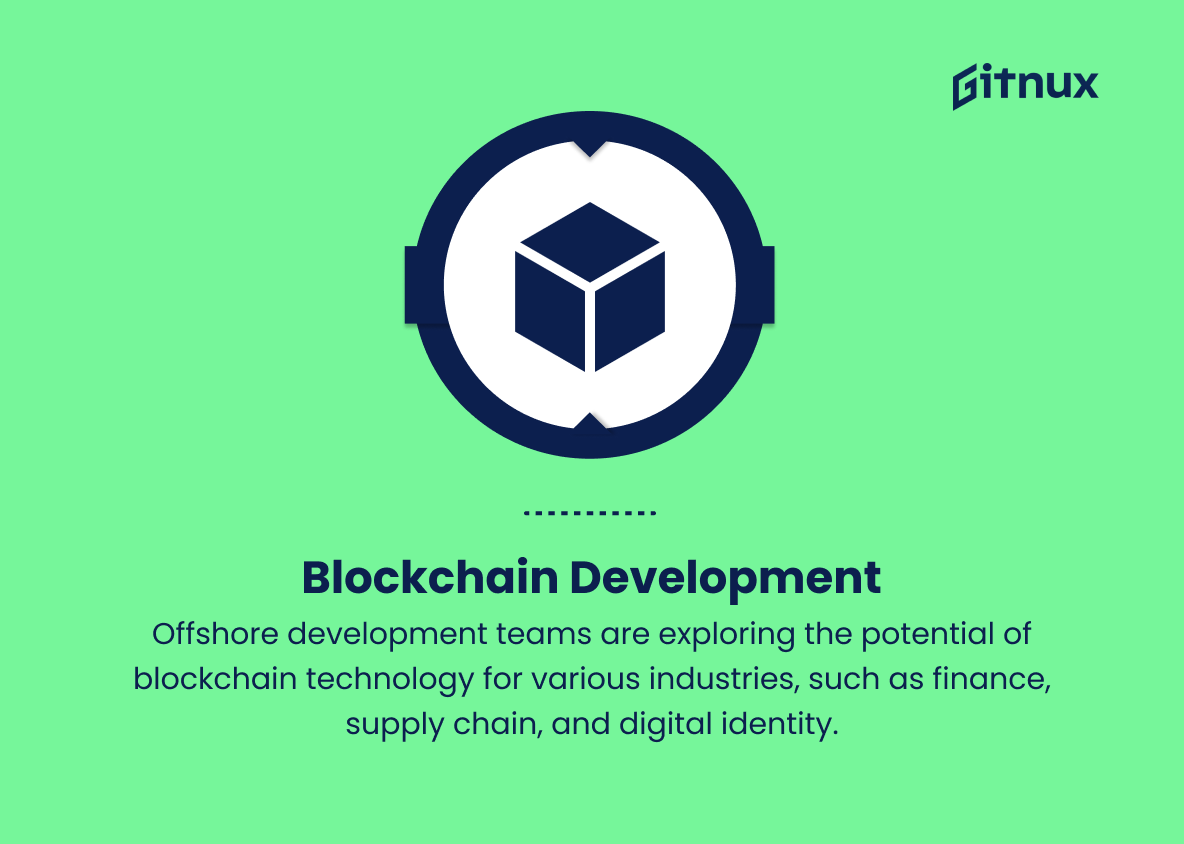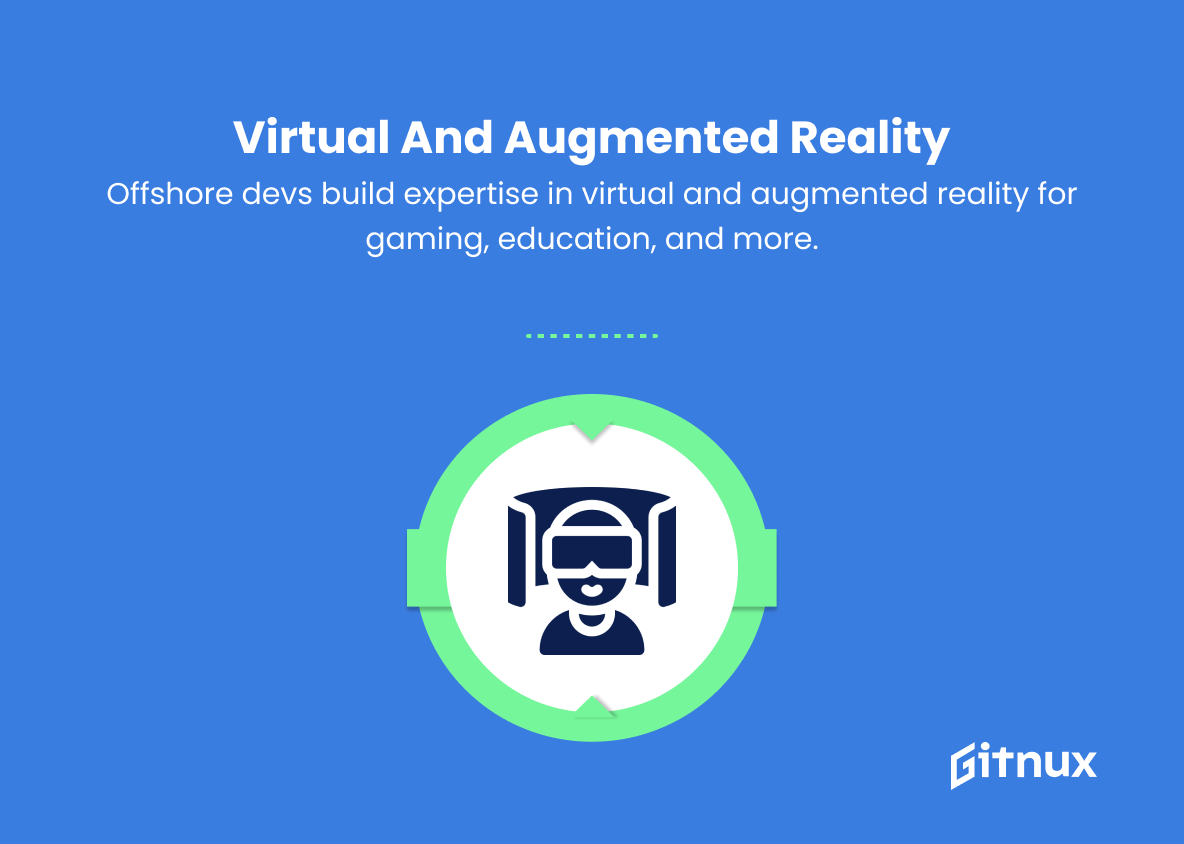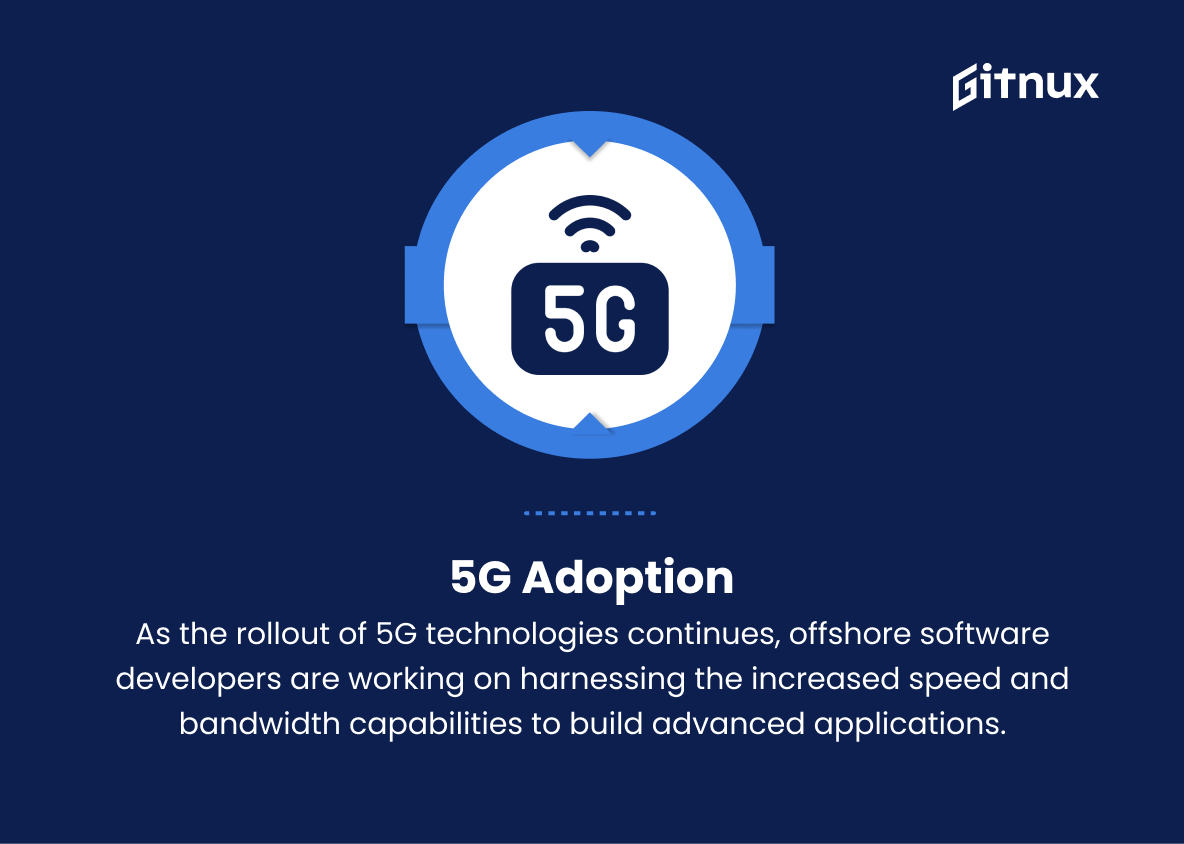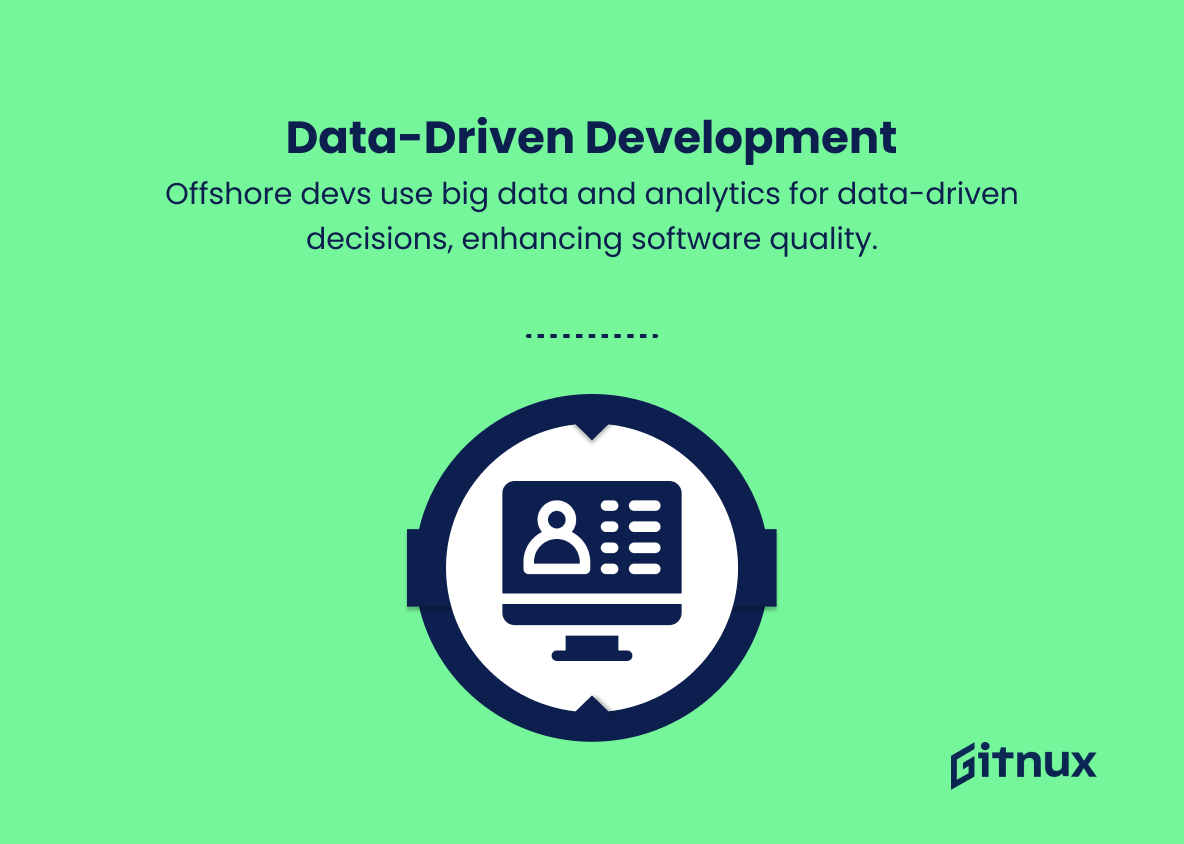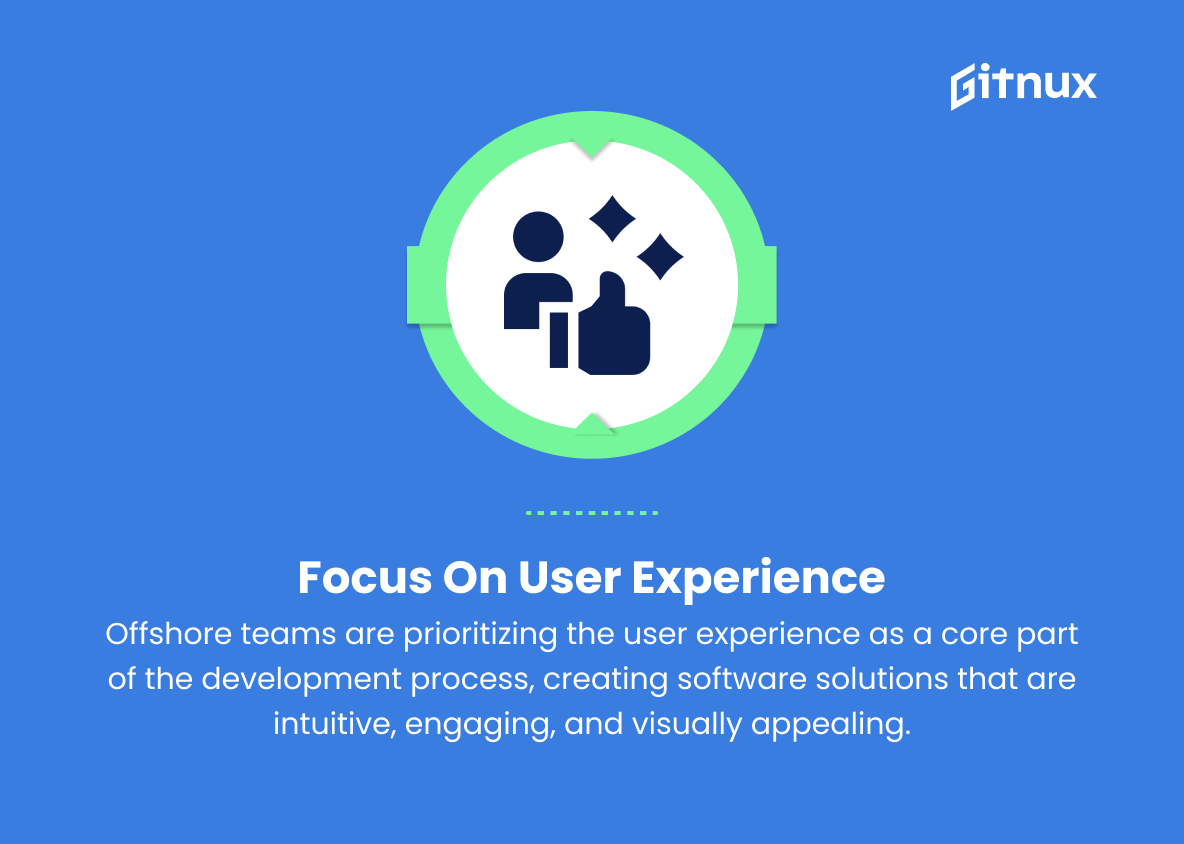In today’s rapidly evolving technological landscape, offshore software development has emerged as a strategic tool for companies seeking to innovate, scale operations, and maximize their competitive advantage. This practice, which involves partnering with software development teams located in different countries, enables organizations to tap into a global talent pool and leverage cost efficiencies. However, an intricate mix of factors such as geopolitics, technical capabilities, and communication challenges are consistently influencing and reshaping the offshore software development landscape.
As a result, it has become crucial for stakeholders to stay up-to-date with the latest trends shaping this industry. In this blog post, we delve into the most compelling offshore software development trends that are bound to impact businesses in the coming years, including emerging destinations, cutting-edge technologies, and the best practices for managing remote teams. By understanding these trends, decision-makers can not only make well-informed choices, but also chart a course toward long-term success in their software development endeavours.
Top Offshore Software Development Trends
1. Outsourcing to Multiple Locations
Companies are increasingly looking to diversify their outsourcing options by having teams in multiple countries, which can offer benefits like increased flexibility, cost-effectiveness, and access to talent pools with different skill sets.
2. Near shoring
Near shoring is the practice of outsourcing software development to countries that are geographically closer to the client’s country. This trend has become popular as it provides better control over the quality of work, minimizes risks, and improves communication between teams.
3. Hybrid Outsourcing Models
Businesses are adopting hybrid models of outsourcing that combine in-house resources with external software development teams to achieve cost efficiency, flexibility, and risk mitigation.
4. Cloud-based Collaboration
Offshore software development teams are increasingly leveraging cloud-based tools and platforms for better collaboration, project management, and storage of development resources.
5. Agile and DevOps Adoption
Offshore development teams are embracing Agile methodologies and DevOps practices to improve software quality, deliver products faster, and enhance collaboration within teams.
6. Robotics Process Automation (RPA)
Offshore software developers are exploring RPA solutions to improve process efficiency, automating repetitive tasks and manual processes to reduce costs and improve delivery timelines.
7. Artificial Intelligence and Machine Learning
AI and ML technologies are being incorporated into offshore development projects to create smarter, more advanced software applications.
8. Focus on Cybersecurity
As cybersecurity threats become more sophisticated, offshore software development teams need to prioritize strong security measures and incorporate security best practices throughout the development process.
9. Mobile-First Development
Offshore teams are increasingly prioritizing mobile-first development strategies to create applications that provide a seamless user experience across multiple devices and platforms.
10. Internet of Things (IoT) Integration
IoT technologies are being integrated into the software development process for various industries, including healthcare, logistics, and manufacturing, to create interconnected systems and applications.
11. Blockchain Development
Offshore development teams are exploring the potential of blockchain technology for various industries, such as finance, supply chain, and digital identity.
12. Virtual and Augmented Reality
Offshore software development teams are investing in building skills and expertise in virtual and augmented reality technologies, catering to the growing demand for immersive experiences in gaming, education, and other sectors.
13. 5G Adoption
As the rollout of 5G technologies continues, offshore software developers are working on harnessing the increased speed and bandwidth capabilities to build advanced applications.
14. Data-Driven Development
Offshore developers are increasingly leveraging big data and data analytics to make data-driven decisions throughout the software development process, improving overall software quality and performance.
15. Focus on User Experience (UX)
Offshore teams are prioritizing the user experience as a core part of the development process, creating software solutions that are intuitive, engaging, and visually appealing.
Implications
The future of offshore software development is characterized by increased diversification and innovation. As companies outsource to multiple locations, they benefit from a range of talent pools and skill sets while minimizing risks in a globalized market. Near shoring has emerged as a popular choice for businesses prioritizing quality control, effective communication, and risk mitigation. Simultaneously, hybrid outsourcing models and cloud-based collaboration tools enhance flexibility, cost efficiency, and resource management.
Offshore development teams now embrace Agile methodologies, DevOps practices, and emerging technologies such as Robotics Process Automation (RPA), Artificial Intelligence (AI), and Machine Learning (ML) to deliver smarter, faster, and more advanced software solutions. With a growing emphasis on cybersecurity, mobile-first development strategies, and IoT integration, developers must adapt to industry-specific demands and deliver interconnected systems and applications.
The exploration of blockchain technology, Virtual and Augmented Reality (VR/AR) innovation, and the adoption of 5G enable offshore developers to create next-generation applications with greater speed, security, and immersive experiences. Lastly, data-driven development and user experience (UX) have become integral components of the software development process, leading to more informed decisions and more engaging, intuitive products for end users. Overall, these trends signal a promising future that promises both value and versatility for offshore software development.
Conclusion
In summary, offshore software development trends continue to evolve to meet the ever-changing demands of the global marketplace. With advancements in technology, communication, and collaboration, businesses can leverage the benefits of cost-efficiency, diverse expertise, and increased flexibility while minimizing the risks and challenges associated with offshore development.
To fully leverage offshore software development and gain a competitive advantage in today’s digital landscape, companies must stay informed and adapt to new trends. This includes embracing Agile methodologies, integrating AI and the IoT, prioritizing data security, and utilizing cloud-based collaboration tools.
